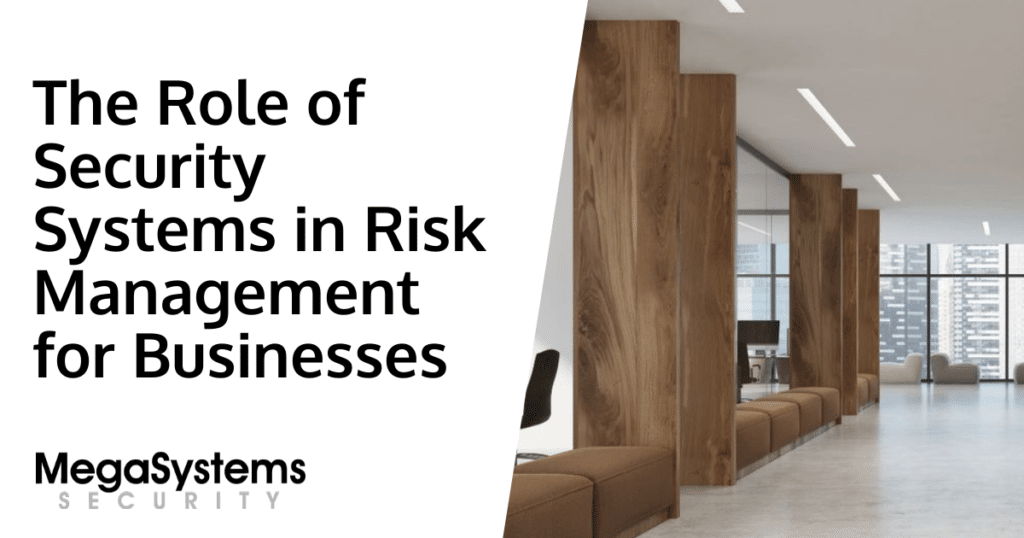Introduction
In today’s business landscape where risks and threats evolve at break-neck speed, security systems serve as the linchpin anchoring risk management strategies for businesses. Businesses, especially commercial institutions, are continually embracing the role of security surveillance systems in mitigating potential threats and safeguarding their precious assets.
The Growing Importance of Security Systems for Businesses
Security systems are at the core of risk management, playing a critical role in preserving commercial entities’ interests. A security system’s primary function is to deter illicit activities like theft and burglary, creating a safe and secure environment. In cities like Houston, TX, the hardships imposed by the bustling city life necessitate the installation of such preventive measures.
Types of Security Systems
Security systems comprise various types, most notably being the surveillance camera systems. These systems provide real-time monitoring of the business premises through surveillance cameras installed at strategic points. Advanced versions of these systems offer remote access, allowing business owners to stay updated about safety and security even from a distance.
Commercial Security Camera Systems: A deeper Look
Commercial security camera systems steer the helm when it comes to safeguarding businesses from potential risk factors. Not only do they stay vigilant on the owners’ behalf, but they contribute prolifically to the broader security plan by facilitating 24/7 surveillance, capturing everything in its view.
Pros and Cons of Commercial Security Camera Systems
On the flip side, they do bring along some drawbacks like high installation costs and potential privacy invasion issues. Nonetheless, most businesses deem them as indispensable, choosing these systems as viable measures to counter potential threats.
Choosing the Right Security System in Houston, TX
Take into consideration factors such as the size and nature of the business, the targeted risk factors, and the budget before selecting an appropriate system. A commercial entity with sprawling business premises might need a high-resolution camera system with broad range coverage, while a small-scale business in a lesser risky area might be content with a basic system.
Professional Installation vs. DIY
One key decision businesses face while implementing a security system is whether to opt for professional installation or go the DIY route. A professional installation ensures proper calibration and setting up of the camera angles for optimum coverage, while a DIY approach might come with the perks of cost-saving. The choice here would largely depend on the complexity of the setup needed and resource availability.
Past, Present, and Future: The Evolution of Security Systems
The journey of security systems over the years is a testimony to technological advancements. The past saw standalone cameras recording on tape, while the present has welcomed Internet Protocol (IP) cameras with cloud storage. As developments continue to unfold, businesses can look forward to more sophisticated and smart system offerings in the future.
Strategies for Maintaining an Efficient Security System
An efficient security system doesn’t stop at installation. Regular maintenance checks, updating the system as per evolving needs, and swift actions during security breaches are among some of the strategies that businesses should adopt to ensure their systems stay healthy and productive.
In conclusion, as commercial ventures in Houston, TX, continue to burgeon, the role of security systems in risk management becomes more prominent. The choice of a suitable system and its execution can chart the path for better risk mitigation and protection from potential threats. Ensuring the optimal functioning of these systems is essential to safeguard a business’s assets and maintain a secure environment.


